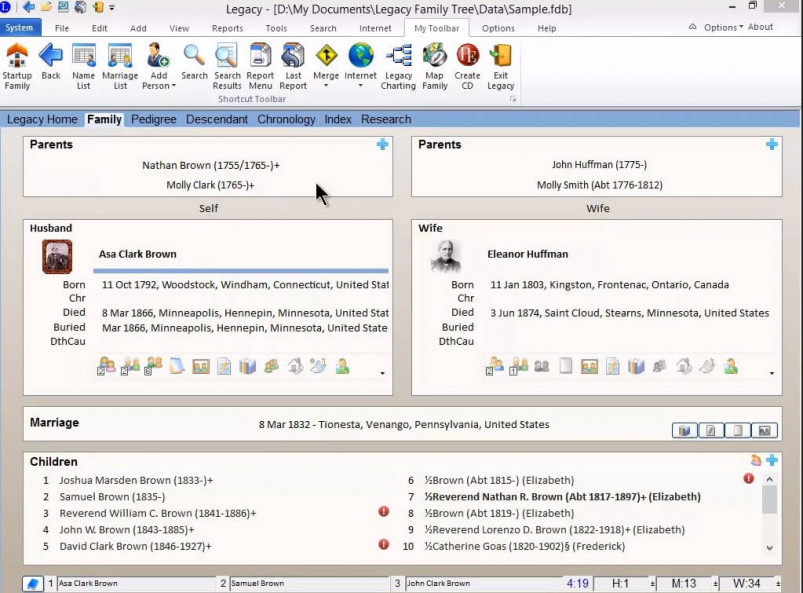



While the bulk of it is easily readable by those with a basic familiarity with Foucault, the Conclusion, in which Beistegui lays out ways in which refusal and experimentation might occur, will require either expertise with Deleuze and Guattari or supplementation with further reading.Īs Beistegui explains in his Introduction, "governmentality," or "conduct of conduct" - how we are led to lead our lives in certain ways and in certain self-understandings that render us predictable and manageable - is Foucault's term for a form of power that is neither legal prohibition nor disciplinary training but that coexists with them in complex interactions. The book is a fascinating work of philosophical interest, historical depth, and contemporary relevance. Finally, Judith Butler's work is adduced in support of the claim that every "recognition is misrecognition," thus frustrating any final resolution of the desire for recognition. He also evokes Gilles Deleuze and Félix Guattari's notion of the "creation of lack in the midst of production" (82 citing Anti-Oedipus 28-9: the sort of "anti-production" that, in the US context, is seen in spending $700 billion a year on "defense" but leaving many people poor, unfed, unhoused, and lacking medical care). Beistegui cites the classic critiques of sexual pleasure as only appeasing but never satisfying our desires, but also, in the economic realm, mentions advertising among the mechanisms endlessly inserting psychological dissatisfaction into our lives. There is a hint of a Schopenhauerian distrust of restless, unfulfillable, desire, but the analyses are practical rather than metaphysical. He aims to denaturalize desire, to trace the ways we have been led to lead our lives as desiring subjects, and in so doing to allow "resistance" or "refusal" to our being so governed, freeing space for experimentation with other ways of living our lives.īut why should we wish to refuse our lives as desiring subjects? Although the bulk of the book takes aim at the way our desires are fit into various normalizing practices which "govern" us in sometimes hidden and often dubious ways, some of Beistegui's best passages show the relentless dissatisfaction that spurs ever-renewed desire in the economic, sexual, and intersubjective registers. True to Foucault's methods, Beistegui looks to archival sources such as court transcripts and government documents, as well as to philosophers. Rather than being a commentary on what Foucault says, this book takes its lead from what he says but pushes it further, finding unexpected connections and new avenues of thought and practice.

Miguel de Beistegui attempts here what Foucault called a "critical ontology of ourselves." His point of departure is examining the way we lead our lives as desiring subjects in the economic, sexual, and "symbolic" realms (the last being the necessarily intersubjective "desire for recognition").


 0 kommentar(er)
0 kommentar(er)
